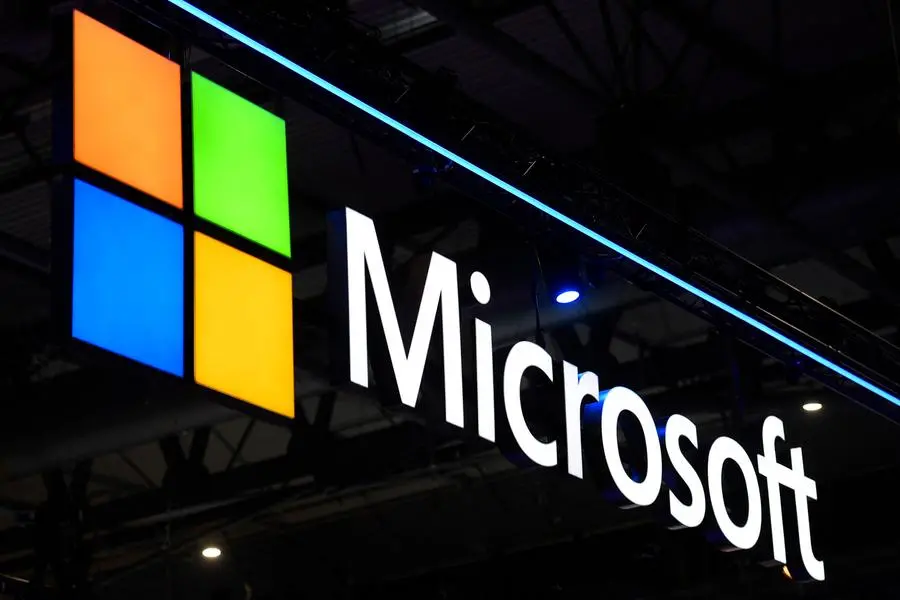PHOTO
Microsoft will provide more information on targeted adverts and protect users against any new risks from artificial intelligence, the company vowed Friday, as stringent EU rules on tech platforms enter into force.
Internet giants must now enforce the milestone EU's Digital Services Act (DSA), which demands they protect users online from harmful content and be more transparent about their algorithms.
The European Union has named 19 platforms, the majority of whom are based in the United States, including Microsoft's Bing and LinkedIn as well as Facebook, Instagram, Snapchat and TikTok.
The rules apply from Friday to these "very large" social media networks and websites.
One of the most significant demands under the DSA is the requirement to give users the option to have a non-personalised feed that is not based on profiling.
Microsoft-owned LinkedIn on Friday said in a blog post they had implemented this change for the desktop and mobile version of the network.
AI has also dominated headlines with its dizzying advances after chatbot ChatGPT, developed by OpenAI which Microsoft has invested in, burst onto the scene last year.
The EU is racing to approve the world's first law regulating AI by the end of the year.
Courtney Gregoire, Microsoft's chief digital safety officer, vowed Microsoft would "implement additional safeguards to protect against new risks related to AI as they arise and will continue to be transparent about our approach" in a blog post.
Gregoire said other measures taken by Microsoft to comply with the DSA include creating an "Ad Library", giving European users access to information about the adverts they see on the platform.
LinkedIn has taken a similar step.
Gregoire added that Microsoft would also "better explain to users how Bing search works, including its ranking principles, moderation policies, and user controls".
Snapchat, owned by Snap, unveiled changes as well this week to its app that include giving users control over the content they see and restricting targeted advertising to children aged 13 to 17 in the EU but also in Britain.





















